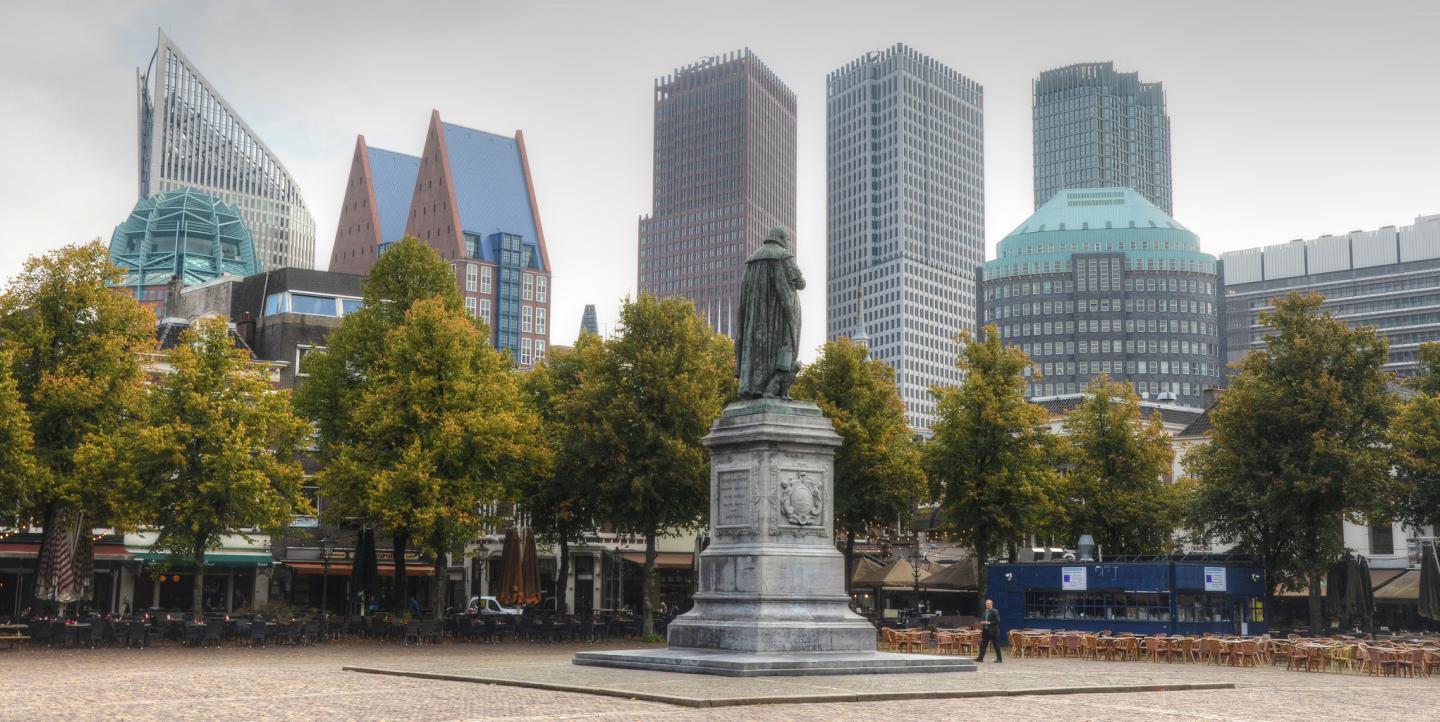IJNet has expanded on the "freelancing abroad" series to show a different perspective about reporting in a foreign country through the eyes of an agency journalist.
Since he started working for Agence France-Presse (AFP), Danny Kemp has lived and reported from seven cities around the world, not an uncommon career for an agency journalist.
AFP has 201 bureaus in 151 countries across the world and its journalists regularly move to cover the news from different parts of the world.
“You have to move every four or five years so you know you’re going to be moving at regular intervals,” said Kemp who recently moved to The Hague in the Netherlands to become the bureau chief.
Kemp was living in the U.K. when he first applied to an AFP job in Hong Kong in 2004. Shortly after taking the position, he relocated to Islamabad, followed by Bangkok. Later on he moved back to Europe where he held positions in Paris, London and Brussels.
“For the most part, it’s voluntary. You see a posting you’re interested in and you go for it. At the same time, our people at headquarters often have an idea of people they want in certain jobs so quite often you’ll also be nudged in a certain direction,” he said.
Similar to diplomats, journalists often get support when they move, especially in countries where they don’t speak the language. When moving to Islamabad with his family, AFP helped Kemp to find a house and a car. In Europe, however, he has taken care of the logistics on his own.
Before relocating to a new country, journalists heavily prepare, often through research materials and by connecting with other AFP journalists who are already on location.
“You find as many books about the new place as you can,” said Kemp. “It gives you a picture of what the place is like, the stories you are going to be covering and ideas for feature stories you might want to do when you're there.”
While AFP doesn’t offer language training beforehand, journalists sometimes receive support from the agency to learn on location. They also often rely on local journalists who are part of the in-country bureau.
“[In some places] a lot of the reporting is done by local reporters speaking to local sources in the local languages,” said Kemp. “[As a foreign journalist], your job is to identify the strongest angle and to transform it into a wire-style [story] in English.”
Journalists do have their own feature projects, and occasionally report on the ground, especially if they can speak the language. Over several years, their in-country reporting and editing becomes valuable expertise but they have to move, which makes things complicated.
“It's a bit like a divorce. Almost everyone feels like they've got unfinished business in the country that they were in,” said Kemp.
Often major news happens in the new country where a journalist relocates, and the excitement and workload eclipses the disappointment and nostalgia of leaving the former country, said Kemp.
AFP has extended the terms of some postings, but continues to move its journalists around despite the challenges. The agency wants to continue giving opportunities to new, young journalists and prevent experienced reporters from holding posts for long periods of times, said Kemp.
Moving also forces agency journalists to continuously learn, adapt and find the best angles and stories for an international audience.
“You can get stuck in your ways after five or six years in a place and stop seeing new things, stop reacting,” said Kemp.
The agency life isn’t for all journalists. AFP reporters and editors have to work fast and cover any beat. While they occasionally do longer features, they also have to produce a lot of short wire stories.
“I know people who only like to write longer features — more reported stuff — and opinions, too. If you want to do that, you should not be working for an agency,” said Kemp.
Despite the international turn of his career, Kemp said his work at a local, English newspaper when he first started as a journalist taught him skills he has used all over the world. After more than a decade reporting from different locations, Kemp has learned to adapt quickly and to report with an open mind.
“You must be able to go into a situation without a preconceived notion of what the story is that you're meant to be telling,” he said.
Main image CC-licensed by Flickr via Alias 0591.

